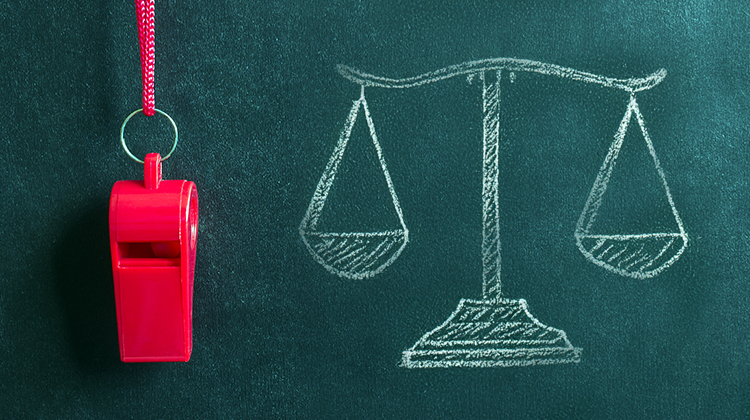“It isn’t enough for an umpire merely to know what he’s doing. He has to look as though he knows what he’s doing too.” – National League Umpire Larry Goetz
There is no question that the umpire plays a critical role in an arbitration to ensure a fair result for the parties. As the central force in the center chair, s/he basically runs the show and sets the tone for the entire proceeding. From the introductory call with counsel, to deliberations with the party arbitrators, to issuance of the final award, the umpire herds every facet of the case and places their own gloss on the ebb and flow of agreements, arguments, and beyond.
Sadly, we have all heard stories about arbitrations, or participated in ones, that ranged from bad to ugly for a host of reasons. Beyond the expected general disappointment of the losing party, in these bad cases counsel, particularly seasoned ones with decades of experience, walk away with a feeling of unfairness, suspicion, or downright prejudice. Which all begs the question: Is there a way to set yourself up, as an Umpire, to deliver the best possible result for the parties and the industry?
After reviewing the available literature and rules/ practice guides from various sources (ARIAS, AIRROC, RAA, law firm publications, etc.). We decided there could be a fresh approach to “Best Practices” for arbitration umpires. We contacted arbitrators and counsel who we know have a wealth of experience and gave them a list of topics based on the stages of an arbitration. We asked them to pick a stage they wished to discuss and address how the umpire could manage it the best way possible. While the process of arbitration has been around a long time, the disputes, methods, and support of technology have evolved, and we hope this series of articles provides current advice for parties, panels and especially umpires.
I suspect we will not be saving a bandit by shooting a hangman’s noose around his neck just as he is about to meet his demise. But our contributors have seen enough arbitrations to know what methods, skills, and practices lead to a just result. Hopefully, we will provide our readers with a compendium of how an umpire can avoid arbitrations that feel like a spaghetti western.
The first article in the series is penned by Mary Ellen Burns on the topic of best practices for responding to Umpire Questionnaires.
